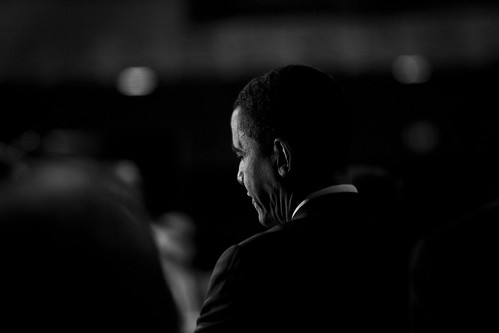
This article was originally published by openSecurity on 1 August 2014.
The asymmetrical proxy conflict currently being fought in Syria has many interested state parties and Qatar has taken a prominent, multi-track approach to influence the outcome. The Qataris have met with Assad, armed rebels, provided facilities for the US to train militants, paid defectors and–employing a novel methodology– used the trappings of civil society in the form of a ‘report’ on torture and the coverage provided by a ‘free press’. Qatar’s participation raises some interesting questions: What is the goal of this geopolitical manoeuvring? Are they using a civil society façade to achieve state goals?




